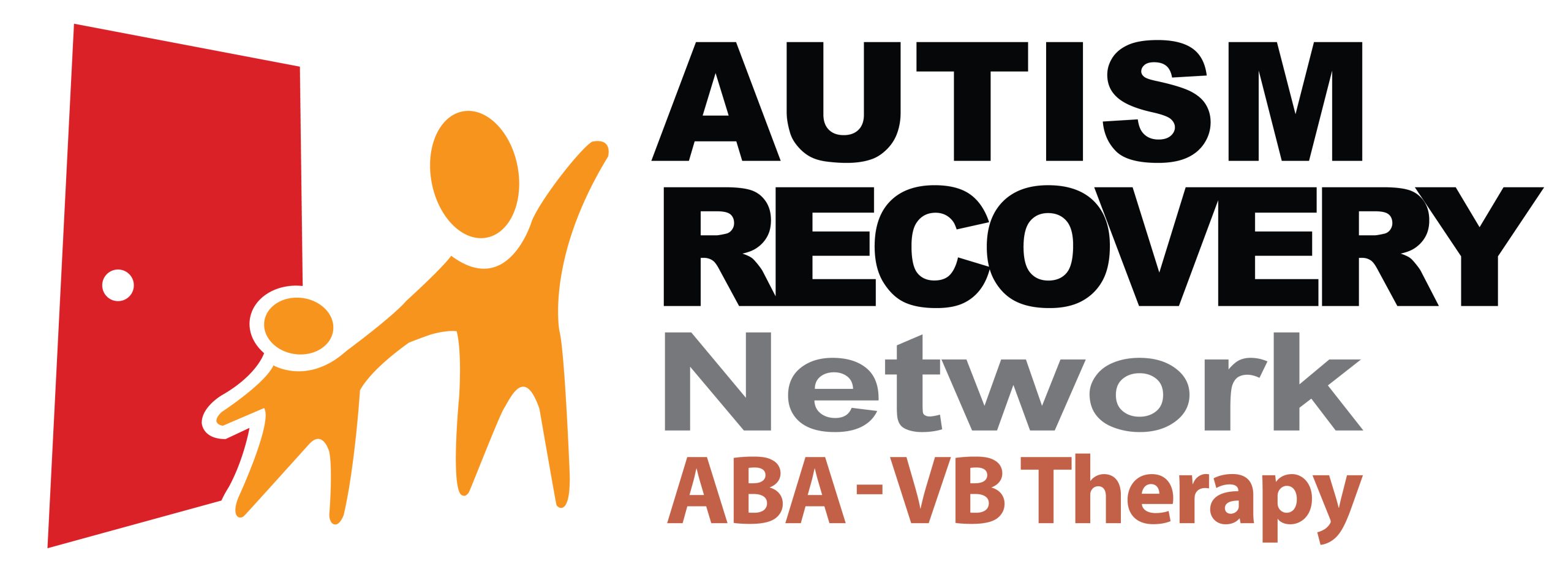In Singapore, employers are beginning to appreciate what people with special needs or disabilities bring to the workplace.
In fact, aesthetics products distributor Dione International director Clara Chng said that based on her own experience, she enjoys working with this group of workers because of their focus, loyalty and can-do attitude. She has hired a partially-blind telemarketer and a graphic designer who is a wheelchair user.
In 2014, the Ministry of Social and Family Development (MSF) launched the Open Door Programme, under which companies can apply for funding support to hire, train and integrate persons with disabilities. To date, 140 companies have applied for the fund, with an average claim of S$3,000. About 650 persons with disabilities have been placed in jobs, including those supported under the initiative.
Better public awareness and financial incentives from the Government have resulted in more employment opportunities for people with special needs or disabilities, employers and people in the community who were interviewed said. Other factors include the tight labour market — due to the Government’s efforts to wean companies off imported labour — and increasingly restless workers.
Nevertheless, there is still some way to go. The general level of awareness, for one, needs to be improved: For instance, daily commuting and shuttling between meetings, which many workers take for granted, require greater planning and effort when it comes to wheelchair users. Customers, too, may be offended when a server, who has autism, ignores social cues and clears up plates on a table too quickly.
In this year’s Budget, the Government rolled out several initiatives for persons with disabilities, including more training support. Speaking during the Budget debate in March, Nominated Member of Parliament Chia Yong Yong, a lawyer who uses a wheelchair, welcomed the measures but called for a national education campaign to raise awareness for those with disabilities.
In her speech, which was lauded by MPs and Speaker of Parliament Halimah Yacob. Ms Chia also sought the public’s understanding to accommodate those who are “slow in entering the elevator” or “simply cannot comprehend (their) external environment”.
“A disability is not caused by a medical condition per se. A person is disabled because there are external and internal barriers that impede his development and participation in the community,” said Ms Chia, who is also the president of SPD, an organisation formerly known as the Society for the Physically Disabled.
For full article, read here: The Big Read: As bosses come around, more people with disabilities get to taste the dignity of labour

